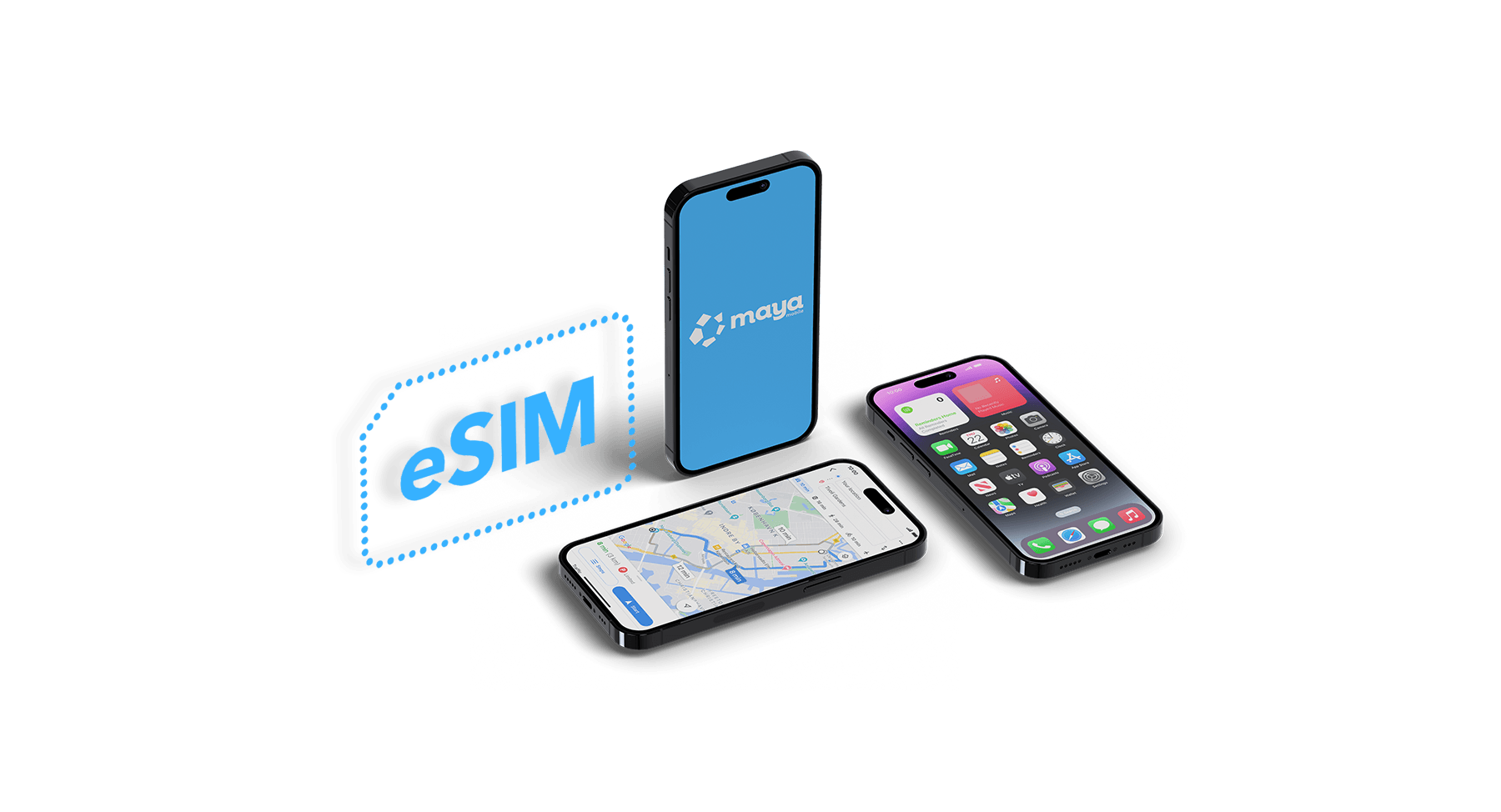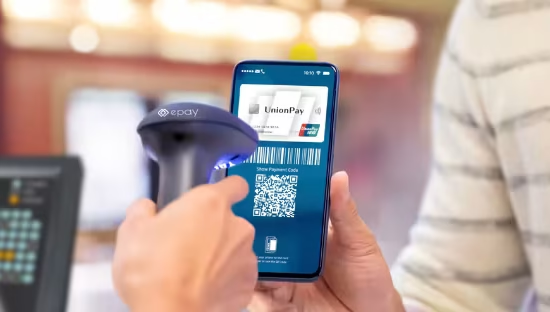
Buying Data by the Gigabyte Is as Dumb as Buying Water by the Drop
Let’s get something straight: buying mobile data by the gigabyte is one of the biggest cons that telcos still get away with. Imagine walking into a shop and being told you can’t just drink a glass of water—you have to buy it by the drop. Ridiculous, right? Yet we all nod along when a carrier tells us we need to top up with “5GB here” or “10GB there” as if the internet were bottled and rationed.
The truth? It’s outdated, manipulative, and built on an old-world pricing logic that doesn’t fit how people live, work, or travel in 2025. And frankly, it needs to go.
The Fake Scarcity of Data
Let’s rewind. In the early days of mobile internet, data was scarce. Networks were clunky, speeds were unpredictable, and telcos could at least pretend they were carefully balancing capacity. Charging “per MB” or “per GB” seemed reasonable because infrastructure was still catching up.
But we’re not living in 2005 anymore. Networks are faster, infrastructure is global, and the marginal cost of delivering an extra gigabyte of data to a user is practically zero. Yet telcos cling to the old scarcity story like it’s gospel.
It’s not scarcity. It’s a strategy. If they keep you thinking of data like it’s a precious drop of water in the desert, they can keep charging insane markups for something that flows cheaply and abundantly.
Nobody Thinks in Gigabytes
Here’s the absurdity: nobody actually knows how much a gigabyte is. Ask the average person, and you’ll get shrugs. Is 1GB enough for a weekend abroad? A month? Can you binge Netflix on it? Send 100 WhatsApps? Nobody knows, because it’s not a human scale.
You don’t walk into a café and ask, “Excuse me, how many milliliters of water are in this cappuccino?” You just order what you need, drink it, and move on. Yet telcos expect us to pre-purchase chunks of invisible internet measured in technical units most of us don’t understand.
And that’s the brilliance of their model. Confusion breeds compliance. If you’re not sure how much you’ll use, you’ll always buy a little more—just in case. That “just in case” is pure profit for the carrier.
The Fear Tax
What’s worse is the psychology behind it. Per-GB pricing isn’t just annoying—it’s exploitative.
It creates anxiety. If you’re abroad, you start rationing your internet like it’s wartime supplies: no videos, no maps unless you’re desperate, no Spotify on the train. Why? Because you’re terrified of running out.
This fear tax is what carriers rely on. They don’t make money from the data itself; they make money from your fear of not having enough of it. By keeping data metered and mysterious, they keep you paying more than you need to.
It’s the same as airlines making luggage rules so complicated that you just give up and pay for the “extra bag.” It’s engineered friction.
Telcos Are Selling Water by the Drop
Let’s go back to the water metaphor. Imagine the city water company installing a tiny digital meter on your kitchen tap. Instead of a flat monthly bill, you pay per drop. Want to boil pasta? That’ll be 20 liters. Thirsty after a run? That’s another 200ml. And if you dare to take a shower—oh boy, hope you bought enough liters in advance.
You’d riot. Everyone would. Because we all understand water is a utility. It’s abundant, it’s necessary, and it’s nonsense to nickel-and-dime people on every sip.
Mobile data is no different. It’s not a luxury anymore. It’s how we work, bank, navigate, communicate, and exist in modern society. Pricing it by the gigabyte is like saying electricity should be sold per lamp flicker, or Wi-Fi per Google search. It’s outdated and insulting.
Who Still Buys Like This?
The crazy thing is, people are waking up. Flat-rate, unlimited, or “fair use” data plans are becoming the norm in many markets. eSIM providers are offering smarter bundles. And yet, telcos keep dangling the old “per GB” model—especially for travelers.
Why? Because that’s where they can squeeze the most profit. Locals might revolt if forced to count their gigabytes, but tourists? Easy pickings. You land at the airport, panic about roaming, and grab the first overpriced SIM kiosk offer you see. Ten gigabytes for €50? You don’t think twice, because you’re desperate.
It’s daylight robbery disguised as “convenience.”
The Travel Test
Here’s how you know the system is broken: think about the last time you traveled. Did you:
- Obsess over whether you should buy the 5GB or 10GB pack?
- Turn off auto-updates on your phone to save precious data?
- Avoid FaceTime calls just in case?
- Find yourself hunting for dodgy café Wi-Fi because you didn’t want to use “too much” of your plan?
That’s not freedom. That’s rationing. And it makes no sense in a world where airlines stream live sports on transatlantic flights and cars are basically rolling Wi-Fi hotspots.
And the kicker? In some countries, rationing comes at a ridiculous price. Travelers in Switzerland often pay over €5 for just 1 GB. In Canada, a 10GB top-up can easily hit €50. The Caribbean islands are notorious—think €8–15 per gigabyte for tourists who just want to check maps or upload a photo. And in places like Malawi or Equatorial Guinea, costs can skyrocket to €15–20+ per GB.
We wouldn’t accept buying a €10 bottle of water at home, but telcos have managed to normalize it when it comes to data abroad.
The World Is Moving On
Thankfully, cracks are showing. eSIMs are shifting the landscape. Global providers are bundling regional data plans that cover multiple countries at once. Tech-savvy travelers are choosing unlimited or “pay as you go by the day” options. Even some progressive carriers are experimenting with subscription-style models where you pay for access, not volume.
The logic is simple: you don’t buy water by the drop; you pay for the tap. You don’t buy electricity by the flicker; you pay for the socket. And in 2025, you shouldn’t buy internet by the gigabyte—you should pay for being connected, full stop.
Why Telcos Hate Change
Of course, telcos resist this shift with everything they’ve got. They’ve built empires on the GB meter. Every overpriced roaming bill, every accidental overage charge, every “bundle” that expires after 30 days—that’s money they don’t want to lose.
Switching to fair, access-based models means giving up those easy margins. It means treating data like the commodity it really is. And it means empowering customers instead of confusing them. For an industry that’s mastered the art of nickel-and-diming, that’s a nightmare scenario.
But history isn’t on their side. Just like music labels couldn’t stop Spotify, and taxi cartels couldn’t stop Uber, telcos won’t be able to stop the inevitable: people will demand internet that’s priced for humans, not accountants.
The Future Is Fluid
Here’s what the future of mobile data should look like:
- Access over volume. You pay to be connected, not for how many invisible “units” you consume.
- Contextual pricing. Maybe you pay by the day, the trip, or the region—not per gigabyte.
- No anxiety. You should never have to turn off your maps app or panic about watching a YouTube clip abroad.
- Transparency. If you’re paying extra, it should be clear and fair—not buried in fine print.
This isn’t utopian. It’s already happening. eSIM marketplaces, travel connectivity hubs, and even some innovative carriers are rewriting the rules. And as more people catch on, the old “per GB” model will look as laughable as buying bottled air.
Final Drop
Buying data by the gigabyte is dumb. Not because data doesn’t cost something to deliver—it does—but because the pricing model is built on a lie. It pretends the internet is scarce when it isn’t. It preys on confusion and fear. And it treats a modern necessity like a luxury.
We wouldn’t accept paying for water by the drop or electricity by the flicker. It’s time we stopped accepting per-GB pricing, too. Because the internet isn’t just data—it’s the lifeline of modern life. And lifelines shouldn’t be rationed.











